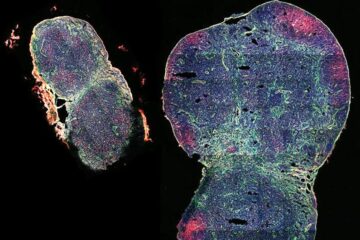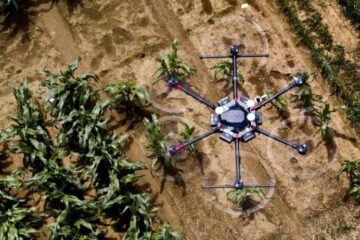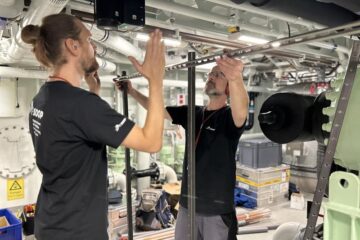Study shows caffeine negatively affects children

Caffeine consumption in children is often blamed for sleep problems and bedwetting. Information on childhood caffeine consumption is limited, and many parents may not know the amount or effects of their child's caffeine consumption. In a study published in The Journal of Pediatrics, researchers found that 75% of children surveyed consumed caffeine on a daily basis, and the more caffeine the children consumed, the less they slept.
Dr. William Warzak and colleagues from the University of Nebraska Medical Center surveyed the parents of over 200 children 5 to 12 years old during routine clinical visits at an urban pediatric clinic. Parents were asked to report the types and amounts of snacks and beverages their child consumed on a daily basis.
According to Dr. Warzak, “Some children as young as 5 years old were consuming the equivalent of a can of soda a day.” The authors also noticed that the older children drank more caffeinated beverages. “Children between the ages of 8 and 12 years consumed an average of 109 mg a day,” Dr. Warzak explains, “the equivalent of almost 3 12-ounce cans of soda.”
Researchers found, however, that caffeine was not linked to bedwetting in these children. “Contrary to popular belief,” Dr. Evans, coauthor and statistician, clarifies, “children were not more likely to wet the bed if they consumed caffeine, despite the fact that caffeine is a diuretic.”
The study authors stress the importance of parental awareness regarding their child's caffeine consumption. “Parents should be aware of the potentially negative influence of caffeine on a child's sleep quality and daily functioning,” Dr. Warzak asserts. The authors suggest that primary care pediatricians may be able to help by screening patients for caffeine consumption and educating parents about the potentially harmful effects of caffeine.
The study, reported in “Caffeine Consumption in Young Children” by William J Warzak, PhD, Shelby Evans, PhD, Margaret T Floress, PhD, Amy C Gross, PhD, and Sharon Stoolman, MD, appears in The Journal of Pediatrics, DOI 10.1016/j.jpeds.2010.11.022, published by Elsevier.
Media Contact
More Information:
http://www.eu.elsevierhealth.com/eu/?sgCountry=DEAll latest news from the category: Studies and Analyses
innovations-report maintains a wealth of in-depth studies and analyses from a variety of subject areas including business and finance, medicine and pharmacology, ecology and the environment, energy, communications and media, transportation, work, family and leisure.
Newest articles

Expanding a lymph node, boosting a vaccine
A biomaterial vaccine enhances and sustains lymph node expansion following vaccination, boosting anti-tumor immunity in an animal model. Each one of us has around 600 lymph nodes (LNs) – small,…

AI to Make Crop Production More Sustainable
Drones monitoring fields for weeds and robots targeting and treating crop diseases may sound like science fiction but is actually happening already, at least on some experimental farms. Researchers from…

Cruise Ship as Data Collector
New Approaches in Ocean Observation… Scientific research – not only confined to dedicated research vessels but also from non-scientific vessels and marine infrastructures. This is one of the ideas promoted…





















